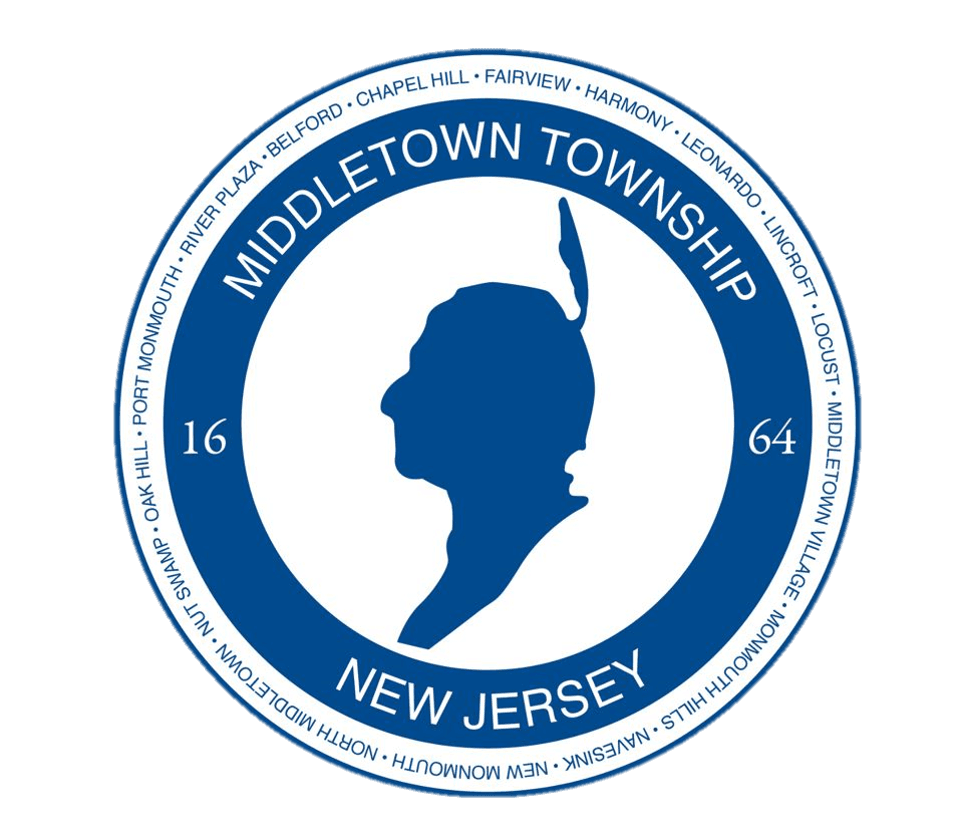MIDDLETOWN – The Township Committee has adopted Middletown’s 2020 municipal budget, but not in the amount in which the spending plan was introduced in April.
In April, members of governing body introduced an $83.45 million budget to fund the operation of the municipality in 2020.
That budget would have been supported by the collection of $55.2 million in taxes from residential and commercial property owners and the appropriation of $8 million from the township’s surplus fund (savings).
However, the 2020 coronavirus pandemic struck New Jersey in early spring, causing a near-total shutdown of economic activity. Officials said the health crisis caused the budget’s revenue projections to be amended and led to significant changes.
During a meeting on June 15, Mayor Tony Perry, Deputy Mayor Anthony Fiore, Committeeman Rick Hibell, Committeeman Kevin Settembrino and Committeewoman Patricia Snell voted “yes” on a motion to amend the budget and “yes” on a motion to adopt the revised spending plan.
As detailed by Chief Financial Officer Colleen Lapp, the revised budget now totals $83.11 million, with an increased local tax levy of $55.77 million for municipal purposes and an increase in the amount being appropriated from surplus, now $8.5 million.
Lapp said anticipated decreases in revenue include the following categories: Municipal Court fines and court fees, from $675,000 to $375,000; parking meters, from $600,000 to $294,500; and interest on investments and deposits, from $850,000 to $450,000.
“We have reduced our revenue projections due to the pandemic,” Lapp said. “We have done our best to forecast revenues until the end of the year. We also made changes in appropriations.”
“Five to seven years of prior fiscal discipline has made these adjustments possible. I have to give a tip of the cap to Colleen and to our township administrator, Tony Mercantante,” Perry said.
Snell said Lapp and Mercantante helped the members of the governing body “maneuver our way through uncharted territory” with the budget.
“It is difficult to imagine our revenue losses and still provide a balanced budget for this town,” Settembrino said. “You (Lapp and Mercantante) have placed us in great position moving forward, as best as possible in these trying times.”
“This budget could have gone very bad based on the revenue we have lost,” Fiore said. “This could have gone really bad, really fast. The $5 billion the state is planning to borrow (to deal with a projected budget shortfall) is going to have an impact on this municipality” for years to come.
In 2019, the budget totaled $80.32 million and was supported by a local tax levy of $54.15 million. From 2019 to 2020, appropriations are up $2.79 million and the tax levy for municipal purposes is up $1.62 million.
In 2019, the municipal tax rate was 47.8 cents per $100 of assessed valuation. The average home in the township was assessed at $444,180. The owner of that home paid about $2,123 in municipal taxes.
According to the 2020 budget that was introduced in April, the municipal tax rate was projected to remain 47.8 cents per $100 of assessed valuation. The average home in the township is now assessed at $448,197. The owner of that home would have paid about $2,142 in municipal taxes.
Under the amended budget that has been adopted by the committee, the municipal tax rate for 2020 is now projected to be 48.5 cents per $100 of assessed valuation. The owner of a home that is assessed at the township average of $448,197 will pay about $2,173 in municipal taxes.
Municipal taxes are one item on a property owner’s tax bill. Property owners also pay Middletown Township Public Schools taxes and Monmouth County taxes.
The amount an individual pays in property taxes is determined by the assessed value of his home and/or property, and the tax rate that is set by each taxing entity.
Lapp said for each $1 in taxes that is paid by a property owner in Middletown, 62 cents goes to the school district, 23 cents goes to the municipality and 11 cents goes to the county.
In 2020, Middletown’s property owners will also pay $3.83 million in a library tax, bringing the total amount to be raised in taxes to $59.6 million.

